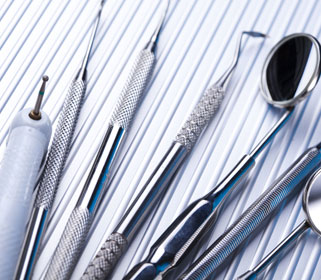Home » Lab Equipment Supplies » Forensic Science Kits
Forensic Science Kits
Applying More Than “The Little Grey Cells”: Forensic Kits
Agatha Christie’s fictional detective Poirot relied on his “little grey cells” to help him solve crimes. CSI Miami and other television detectives have a massive amount of equipment and personnel to help them solve crimes. For those students wishing to discover more about the art and craft of Forensic Science, forensic kits are an excellent starting point.
Types of Kits
No two crimes are identical. The result is the creation of a variety of kits designed to address the biology, physics, and chemistry of each scene. Students interested in this field can purchase kits aimed at preparing them for a variety of situations including:
- Terrorism
- Document fraud
- Drug crimes
- Suspect identification for diverse crimes
- Rape
Some kits focus on teaching students about the basics of DNA, document analysis, drug identification and similar crime-related subjects.
Basic Items in Forensic Kits
While many kits focus on a specific case or topic, many are more general. They will contain certain basic items or instrumentation to help “solve” the case. Among the most basic tools of a forensic investigator are:
- Disposable latex or other gloves
- Chemical tests for identifying trace elements such as chemicals or gun-shot residue or indicating toxins or the presence of explosive material
- Containers for collecting blood and other fluids for laboratory analysis
- Fingerprints detection kit to capture and identify the three basic types of fingerprints:
- Visible
- Latent
- Molded
Hair, fiber, and paper collection may also comprise the basic items of a standard crime identification forensic kit.
Forensic studies: Using Forensic Kits
Forensic studies embrace diverse forms of science both in and out of a laboratory. Of the many options a student may learn about from using a forensic kit, the more popular are
- Chemistry
- DNA
- Pathology
- Serology
- Toxicology
Choose the type of forensic kits based upon the type of forensic analysis you are learning and practicing.














